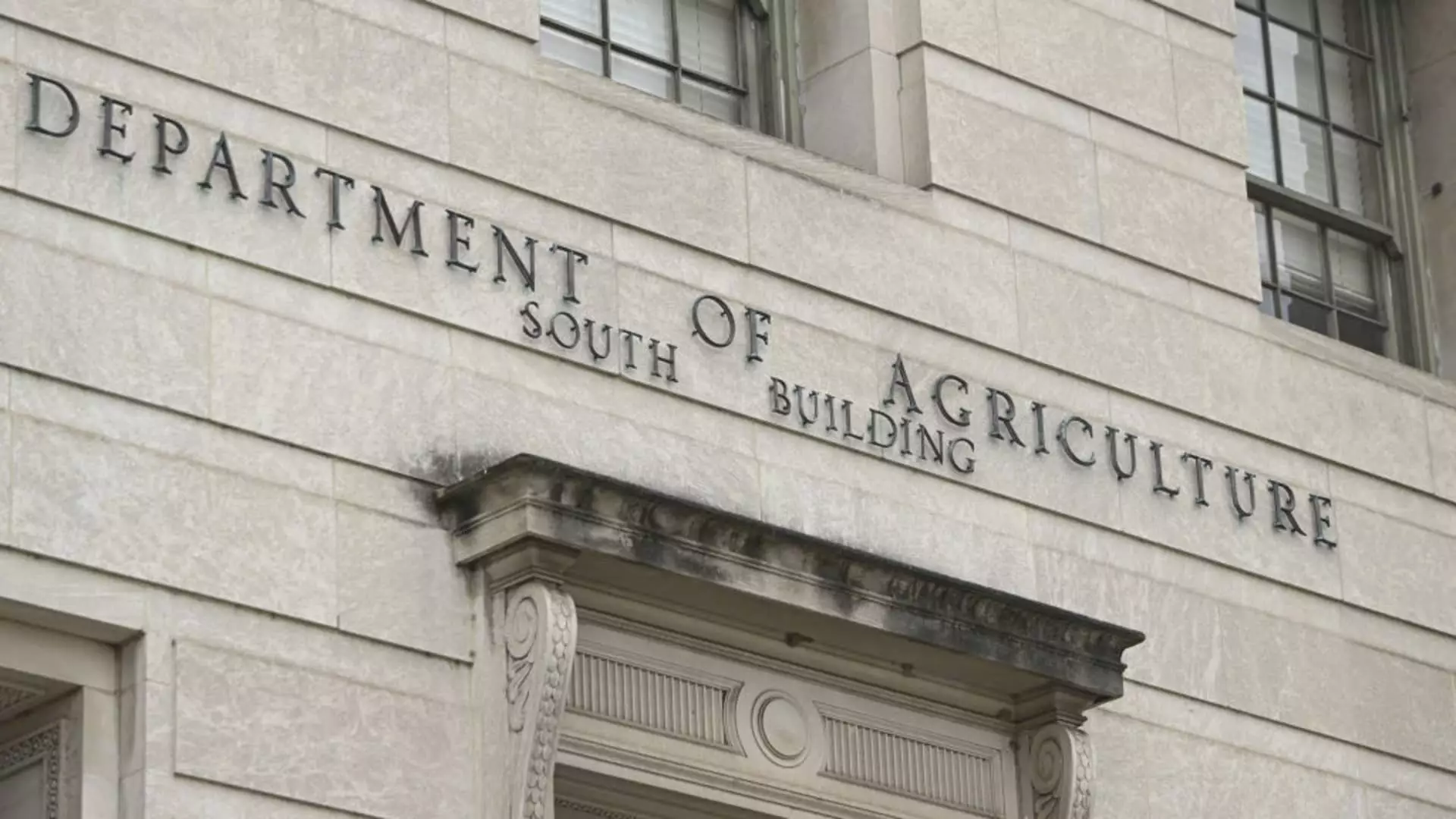The impending nomination of Brooke Rollins, currently at the helm of the America First Policy Institute, as U.S. Agriculture Secretary raises numerous questions regarding the future direction of agricultural policy under President-elect Donald Trump. Reported by The Wall Street Journal, this appointment underscores an increasingly strategic focus on fostering a unique blend of agricultural, trade, and nutrition policies that reflect partisan philosophies and the broader goals of the incoming administration. Rollins would preside over a significant bureaucratic entity—an agency employing around 100,000 individuals spread across the nation— tasked with wide-ranging responsibilities that impact the daily lives of Americans, especially in terms of food safety, rural development, and agricultural trade.
As Agriculture Secretary, Rollins would be pivotal in shaping policies affecting both rural and urban communities. The scope of work within the Department of Agriculture spans crucial areas, including nutrition programs, forestry management, agricultural research, and trade negotiations. With a budget projected at $437.2 billion for 2024, the decisions made by Rollins and her team could greatly influence American diets, economic stability, and even job security in farming and food production.
The Agriculture Department plays a critical role in inspecting food safety standards, supporting rural broadband initiatives, and leading efforts against wildfires. Consequently, Rollins’ agenda will have implications that extend beyond mere agricultural economics to touch the lives of Americans from all walks of life.
Rollins’ affiliation with the America First Policy Institute signals a continuation of policies closely aligned with Trump’s campaign agenda. Having chaired the Domestic Policy Council during Trump’s first term, her understanding of the political landscape and her prior experience in shaping policy are likely to play significant roles in her decision-making processes as Agriculture Secretary. This focus on American-centric policies poses potential challenges, including the prospect of trade disputes, particularly in light of recent tensions with Canada and Mexico concerning tariffs and genetically modified crops.
Furthermore, Rollins would be tasked with navigating the complexities of biofuel tax credits. These credits are especially significant given the burgeoning potential for sustainable aviation fuel production, an area where Rollins’ expertise will be essential amid growing environmental concerns and technological innovations.
Challenges Ahead
However, her path is fraught with challenges; Trump’s stated intentions to impose sweeping tariffs threaten to disrupt existing agricultural trade relationships. This precarious balance necessitates a singular focus on negotiation and a nuanced understanding of both domestic requirements and international relations. As Rollins steps into her role, her efforts will undoubtedly be scrutinized, and the outcome of her policies could set a precedent for future agricultural leaders.
The anticipation surrounding Brooke Rollins’ nomination speaks volumes about the fusion of political ideology and agricultural policy in America. As the country prepares for a new administration, shaping the future of food, farming, and rural development remains a pressing priority that will resonate long after the policies are enacted. Thus, her leadership could either make or break the vital connections between consumers, farmers, and markets in an increasingly complex landscape.


Leave a Reply